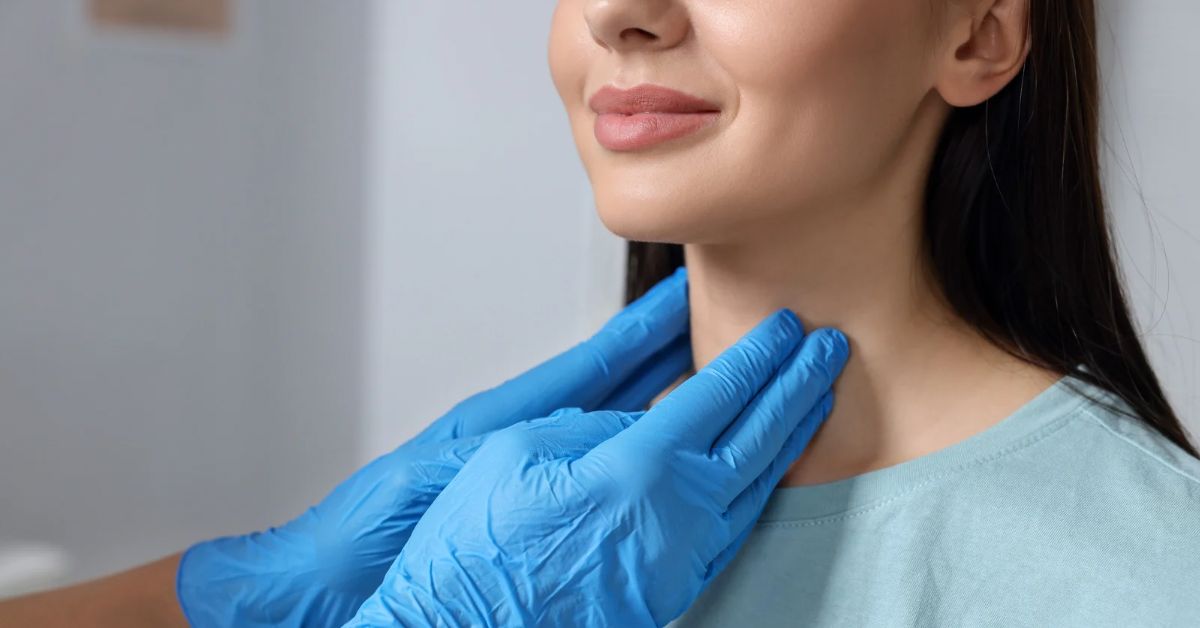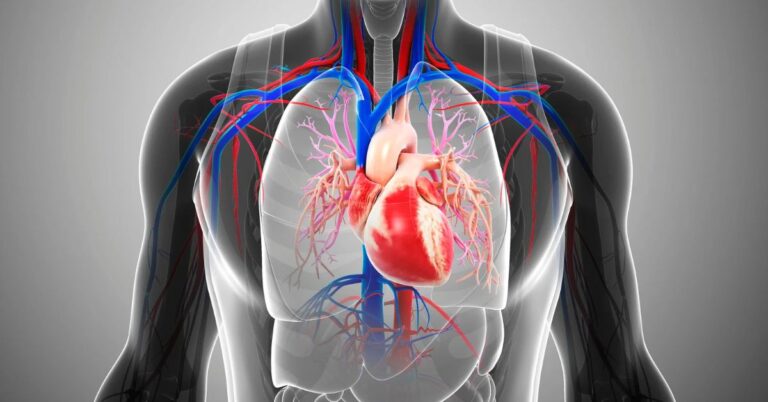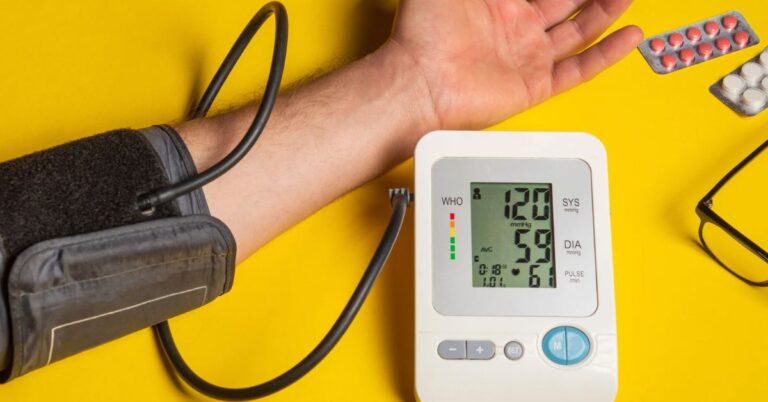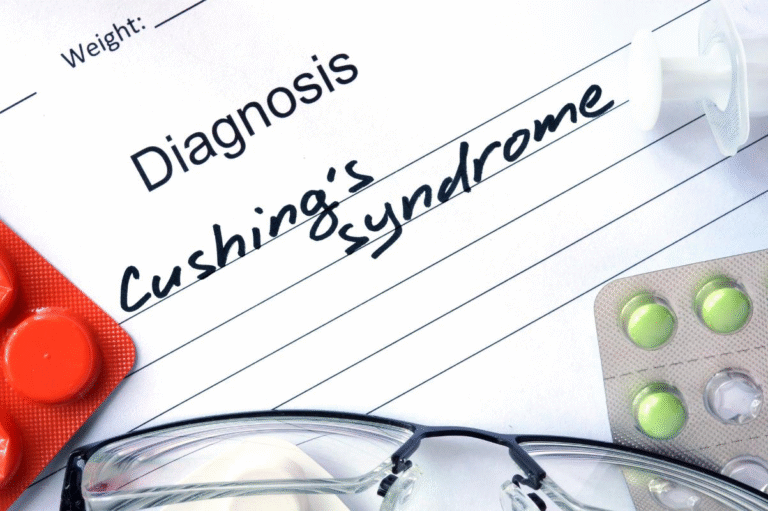Hypothyroidism or PCOS? The Difference Every Woman Must Know
If you’re consistently feeling tired, gaining weight, experiencing irregular periods, or breaking out unexpectedly, it could be a sign of hormonal imbalances. However, which hormones are causing these issues?
Hypothyroidism and polycystic ovary syndrome (PCOS), two common culprits, share many overlapping symptoms, making diagnosis challenging. Consequently, many women are misdiagnosed or treated for the wrong condition, often leading to years of inadequate care.
“Since both conditions mess with hormone balance, it’s easy to confuse them,” says Dr. Jolene Brighten, a naturopathic physician and women’s health expert. “But they have different causes and need different treatments.”
Let’s break down what makes hypothyroidism and PCOS similar, different, and how to figure out which one might be affecting you—or if you could have both.
The Hormone Basics
- Hypothyroidism happens when your thyroid gland doesn’t produce enough thyroid hormone (T3 & T4). This slows down your metabolism and affects nearly every organ in your body.
- PCOS is a metabolic and hormonal disorder where the ovaries produce excess androgens (male hormones), leading to issues with ovulation, insulin resistance, and inflammation.
Shared Symptoms (And Why They Confuse Doctors)
| Symptom | Seen in Hypothyroidism | Seen in PCOS |
|---|---|---|
| Fatigue | ✅ | ✅ |
| Weight gain | ✅ | ✅ |
| Irregular periods | ✅ | ✅ |
| Depression/anxiety | ✅ | ✅ |
| Fertility struggles | ✅ | ✅ |
| Dry skin/hair loss | ✅ | Sometimes |
| Acne | Rare | ✅ |
| Cold intolerance | ✅ | ❌ |
| Hair growth on face/body | ❌ | ✅ |
Because they share these symptoms, it’s easy to be told “you’re just tired” or “it’s stress” when in reality, your hormone panel is screaming for attention.
The Key Lab Tests
Getting the right labs is crucial for diagnosis. Here’s what your doctor should order:
For Hypothyroidism:
- TSH (Thyroid Stimulating Hormone)
- Free T3
- Free T4
- Anti-TPO Antibodies (to rule out autoimmune Hashimoto’s)
Normal TSH doesn’t always mean your thyroid is healthy. Look at Free T3/T4 for better insight.
For PCOS:
- Total Testosterone
- Free Androgen Index
- LH:FSH Ratio
- DHEA-S
- Fasting insulin/glucose
- Ultrasound (to check for ovarian cysts)
Polycystic Ovary Syndrome (PCOS) isn’t solely determined by the presence of cysts in the ovaries. It’s a condition that encompasses a combination of symptoms and lab markers, rather than relying solely on ultrasound examinations.
Root Cause Differences
| Factor | Hypothyroidism | PCOS |
|---|---|---|
| Hormone involved | Low thyroid (T3, T4) | High androgens (testosterone, DHEA) |
| Primary driver | Autoimmunity (often Hashimoto’s) | Insulin resistance + inflammation |
| Metabolism | Slows down | Often disrupted due to insulin |
| Menstrual effect | Long, light, or missing periods | Irregular, heavy, or absent periods |
| Fertility issue | Ovulation doesn’t happen reliably | Ovulation is delayed or absent |
Can You Have Both? Yes—And Many Women Do
In fact, up to 22% of women with PCOS also have hypothyroidism, particularly autoimmune Hashimoto’s.
If you’ve been diagnosed with PCOS and still experience persistent exhaustion or coldness, Dr. Brighten suggests considering testing your thyroid as well.
Treatment Looks Different
Hypothyroidism
- Thyroid hormone replacement (usually levothyroxine or natural desiccated thyroid)
- Anti-inflammatory diet
- Addressing nutrient deficiencies (selenium, iodine, zinc)
PCOS
- Blood sugar balancing diet (low-glycemic, anti-inflammatory)
- Supplements like inositol, NAC, omega-3s
- Exercise and stress management
- Sometimes metformin or hormonal birth control
When to See a Doctor
If you’re dealing with:
- Persistent fatigue or low mood
- Irregular cycles
- Weight gain despite exercise
- Excess hair or acne
- Fertility struggles
Ask your doctor for a comprehensive hormone panel, not just a basic TSH test. Consider both PCOS and thyroid function as potential causes, especially if you’ve only been diagnosed with one.
Advocate for Yourself
PCOS and hypothyroidism, two conditions that affect millions of women, are often overlooked or misdiagnosed. However, with the right lab tests, a knowledgeable healthcare provider, and a personalized treatment plan, you can regain balance and feel like yourself once again.
“You know your body best. If something feels off, don’t settle for vague answers,” says Dr. Brighten.
Check out the healthlynic ✔️approved range of products for Weight Loss, Improve metabolism and much more!







